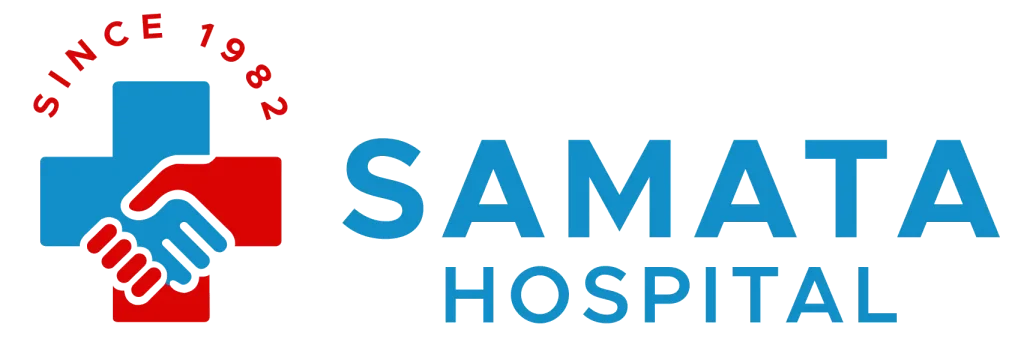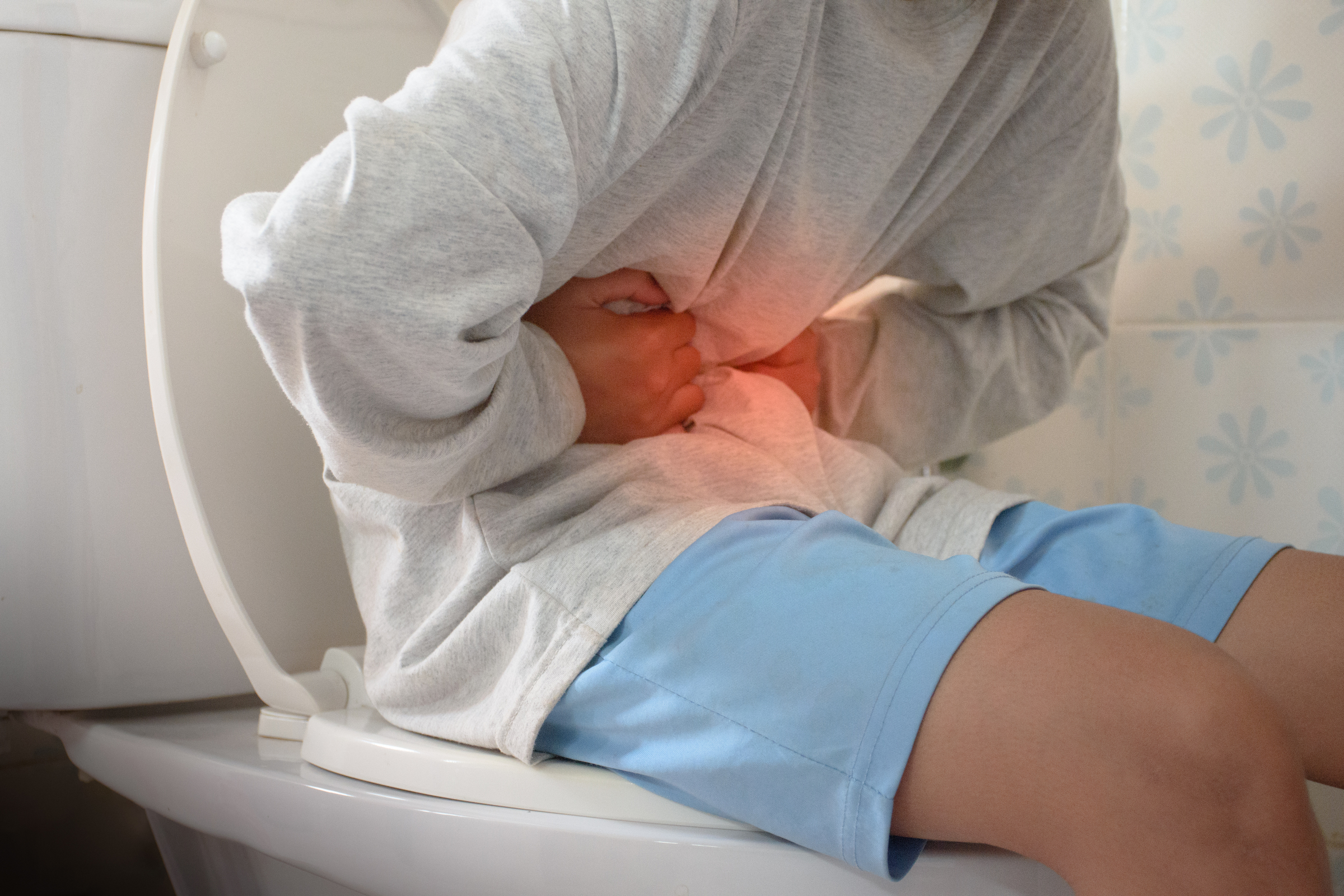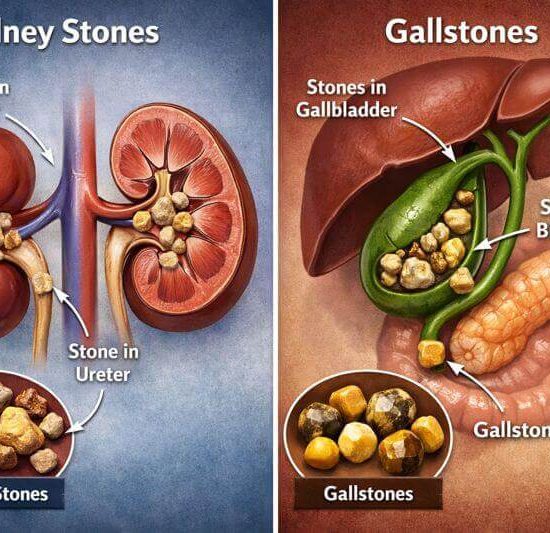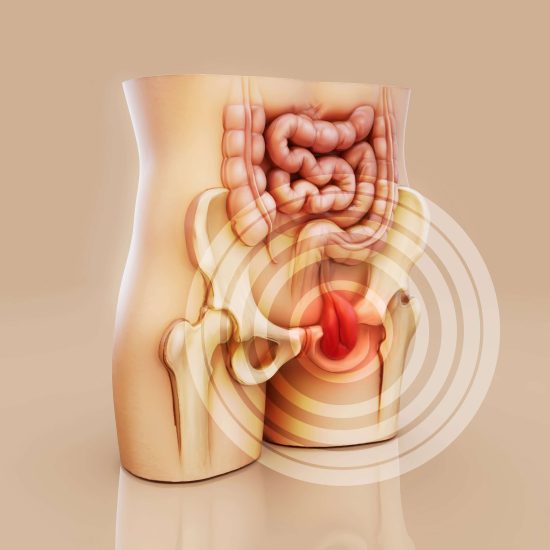Bowel Obstruction: How and Why It Is a Medical Emergency
A bowel obstruction occurs when the normal movement of food and fluids through the intestines is blocked. This blockage can be partial or complete, leading to severe abdominal pain, vomiting, and swelling. If left untreated, it can cause serious complications, making it a medical emergency that requires prompt diagnosis and treatment.
At Samata Hospital, Dombivli, Dr. Ashish Dhadas, a leading general and laparoscopic surgeon, specializes in diagnosing and treating bowel obstructions with advanced, minimally invasive techniques to ensure faster recovery and better outcomes.
Why Does Bowel Obstruction Occur?
Bowel obstruction can result from several causes, including:
| Common Causes of Bowel Obstruction | Description |
| Adhesions | Bands of scar tissue after previous surgeries that cause the intestines to twist or stick together. |
| Hernias | A part of the intestine pushes through a weak spot in the abdominal wall, blocking bowel movement. |
| Tumors | Growths inside or outside the intestine that narrow or block the passage. |
| Inflammatory Conditions | Diseases like Crohn’s disease can cause swelling and narrowing of the intestines. |
| Impacted Stool or Foreign Objects | Hard stool or swallowed objects can cause blockage, especially in elderly or children. |
Symptoms You Should Never Ignore
Recognizing the symptoms early can save your life. Seek immediate medical attention if you experience:
- Severe abdominal pain or cramping
- Persistent vomiting (especially if it smells like stool)
- Swelling or bloating of the abdomen
- Inability to pass gas or stool
- Signs of dehydration or weakness
Why Is Bowel Obstruction a Medical Emergency?
When the intestines are blocked, blood supply to that section may get cut off. This can lead to:
- Intestinal tissue death (necrosis)
- Perforation (tear in the intestine)
- Life-threatening infection (sepsis)
Delaying treatment can make surgery more complicated and recovery longer. That’s why timely evaluation by an expert like Dr. Ashish Dhadas at Samata Hospital, Dombivli, is crucial.
Diagnosis and Treatment at Samata Hospital
At Samata Hospital, bowel obstruction is diagnosed through:
- Physical examination and medical history
- Imaging tests like X-ray, CT scan, or ultrasound
- Blood tests to check for infection or dehydration
Treatment may include:
- Hospitalization for intravenous fluids and bowel rest
- Insertion of a nasogastric tube to relieve pressure
- Surgery (in severe cases) to remove the blockage or repair damaged bowel
Dr. Ashish Dhadas specializes in laparoscopic (keyhole) surgery, which allows precise removal of obstructions with minimal pain and faster recovery.
Recovery and Prevention
After treatment, patients are advised to:
- Eat a high-fiber diet (unless contraindicated)
- Stay hydrated
- Avoid heavy lifting (to prevent hernias)
- Attend regular follow-ups with Dr. Ashish Dhadas
Early medical intervention and healthy habits can significantly reduce the risk of recurrence.
Takeaway
A bowel obstruction is not just stomach pain it’s a potential emergency. Immediate medical attention can prevent serious complications and save lives.
If you or a loved one experience persistent abdominal pain, vomiting, or bloating, visit Samata Hospital, Dombivli, and consult Dr. Ashish Dhadas for expert diagnosis and treatment.
“Also Read: Appendix Burst: What Happens If Appendicitis Is Ignored?“
➝https://www.samatahospital.com/appendix-burst-what-happens-if-appendicitis-is-ignored/
![]()







No Comments
Sorry, the comment form is closed at this time.